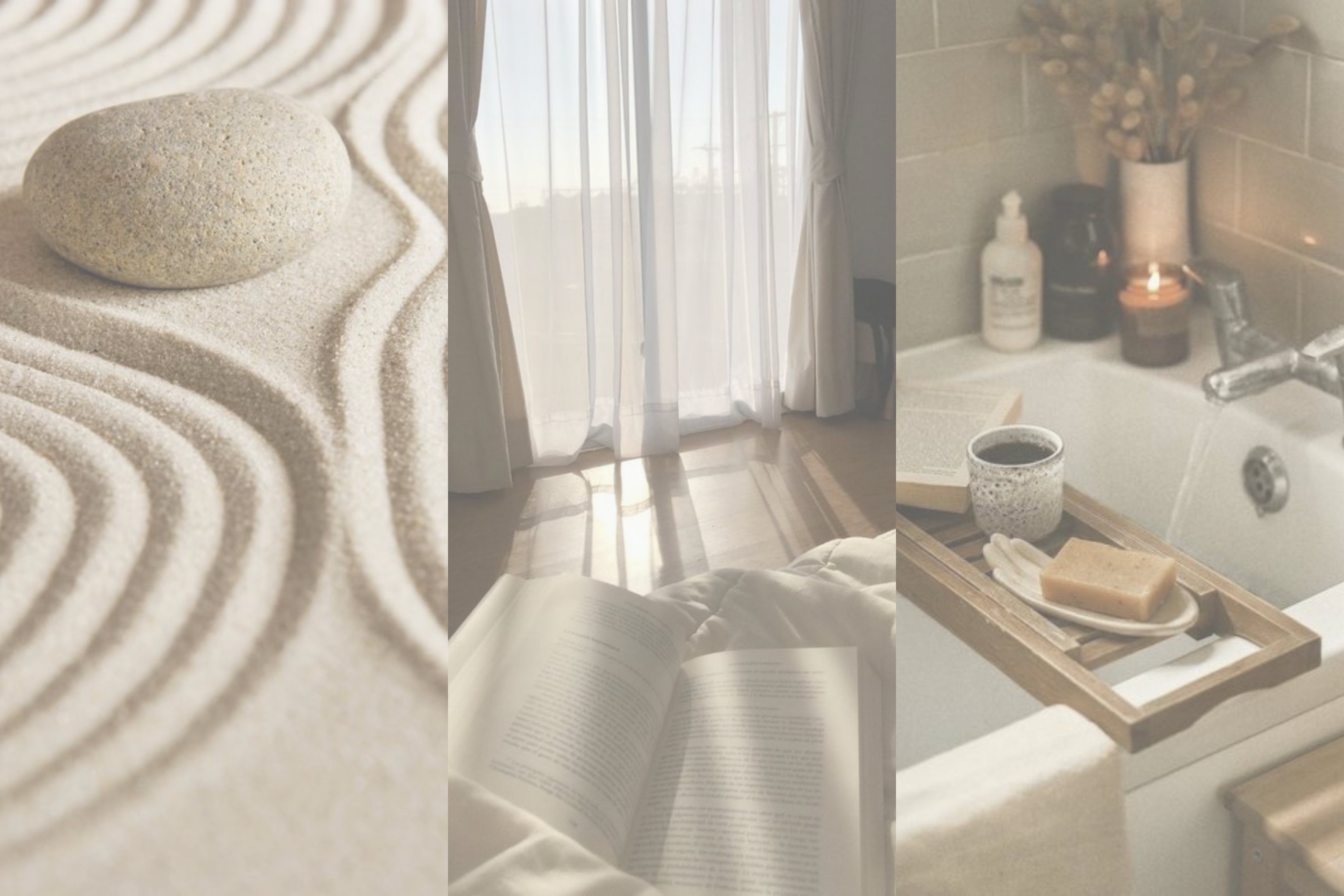
The Evolution of Sleep: How Our Patterns Change At Every Stage
Sleep is one of the few constants in life, yet the way we experience it changes significantly as we age. From the carefree naps of infancy to the restless nights of adulthood and the lighter sleep of old age, understanding these changes can help us prioritize rest and adapt our habits to better suit our bodies' needs.
Infancy: Building the Foundation
Newborns sleep a lot—up to 16–18 hours a day—but not in the way adults do. Their sleep cycles are short, often lasting only a few hours at a time. This fragmented sleep helps them grow and process an overwhelming amount of new stimuli.
By the time they reach 4–6 months, their circadian rhythms begin to develop, and they start sleeping more during the night. Creating a soothing bedtime routine during this stage can help babies transition into more consistent sleep patterns.
Childhood: Deep and Restorative Sleep
Children tend to sleep deeply, with a higher percentage of their rest spent in slow-wave sleep (SWS), the most restorative sleep stage. This is when their bodies grow, their brains develop, and memories are solidified.
Preschoolers need 10–13 hours of sleep, while school-aged children need 9–12. To support healthy sleep during these years, consistent routines and reduced screen time before bed are key.
Adolescence: The Night Owl Phase
Teenagers experience a shift in their internal clocks, causing them to naturally fall asleep later and wake up later—a phenomenon known as "sleep phase delay." Despite needing 8–10 hours of sleep, many teens get far less due to early school start times and social pressures.
Encouraging good sleep hygiene, like limiting late-night screen use and creating a calming pre-bedtime routine, can help them navigate this tricky stage.
Adulthood: Balancing Demands and Sleep
Most adults need 7–9 hours of sleep, but life often gets in the way. Careers, parenting, and social obligations can all chip away at sleep, while stress and technology can interfere with its quality.
This is the stage when intentional rest becomes crucial. Building a consistent sleep schedule, investing in a calming bedtime routine, and creating a restful environment can help adults reclaim the restorative power of sleep.
Older Adults: Lighter and Shorter Sleep
As we age, sleep often becomes lighter and more fragmented. Older adults may wake up more frequently during the night and feel the need to nap during the day. Despite these changes, they still require about 7–8 hours of sleep for optimal health.
Supporting restful sleep in older adulthood means addressing underlying health issues, such as sleep apnea or chronic pain, and maintaining good sleep hygiene habits like avoiding caffeine late in the day and keeping a regular bedtime.
Adapting to Our Sleep Needs
Our sleep patterns are deeply tied to our biological clocks and lifestyle demands, but they’re not set in stone. By understanding how sleep evolves, we can make adjustments at every stage of life to ensure we’re getting the rest we need.
At RANI Lounge, we believe in honoring your unique sleep journey. Whether you're in the thick of adulthood's demands or enjoying the slower pace of later years, there's no one-size-fits-all approach to rest. What matters most is prioritizing it in ways that align with where you are in life.
So, how is your sleep evolving these days? Whatever stage you're in, remember: rest is never a luxury—it's a necessity.
Join the Conversation
Have you noticed changes in your sleep patterns? How do you adapt to ensure you're well-rested? Share your thoughts with us by emailing info@ranilounge.com or reaching out to us on social media and subscribe to our newsletter The Sleep Society for more insights on living a rested, well-balanced life.


